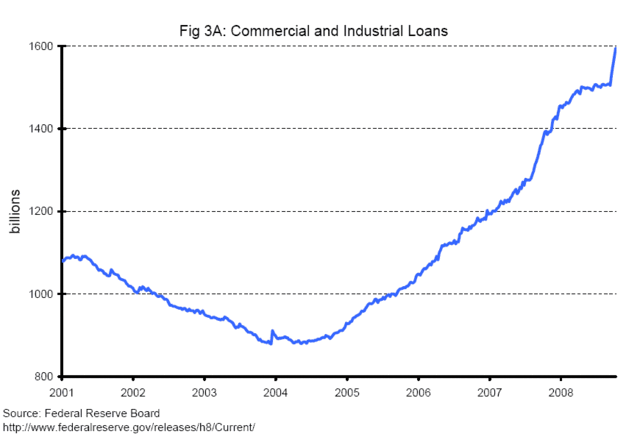Why I Dislike the "Bush Lied About Iraq" Formulation (And Its Not Because I Want to Defend GWB)
I really don't like the meme that Bush lied about Iraq (on WMD's, possession of yellow cake uranium, whatever). Here is why: the implication is that if we just had smarter, more honest politicians, all of our interventionist foreign policy would work great. But beyond the fact that we never have smarter and more honest politicians, this meme prevents us from learning the right lesson from the Iraq war.
If I were a candidate in the debate asked to comment on Trump's "Bush lied" comment, I would say this:
While politicians lie all the time, I think it is entirely possible that the Bush administration honestly believed Saddam had WMD's at the time of the Iraq war. In fact, it appears that as a minimum, Hussein was bluffing like hell to make the world think he had such weapons. But the issue of whether it was a lie or not is all a distraction. The real issue for me is that we have no idea what we are doing when we intervene in these nations. Typically in the rush of political sound-bites, we oversimplify ancient, five-sided conflicts as black and white, and even our most well-intentioned efforts to eliminate certain problems (such as Saddam Hussein or Qaddafi) tend to result in unanticipated consequences that might be many times as problematic as the original issues. In Iraq, in Egypt, in Afghanistan, in Syria, in Libya -- we had hundreds of people in and out of government who act like they know it all but in fact we as a county had no idea what we were doing. And we simply can't know.
The lesson from the Iraq War is not that our foreign policy would be perfect if only we purge liars from the government (and good luck with that). The lesson from the Iraq War is that we are never going to have a sensible foreign policy until we adopt some humility -- a lot of humility -- about our ability to understand other countries and manipulate them by force. Is this really what you expect out of Donald Trump? More humility? While there is still a role for America's strength in the world, we need to set a much higher bar for when we use that strength.
Postscript: They say that a converted Christian is more passionate that those who have been Christian all their lives. I will confess that I am a convert to foreign policy humility. I grew up in a Texas conservative Republican family, though I shed a lot of the social conservative baggage, as well as any team allegiance to the Republicans, decades ago. I did hold on to sort of neo-Conservative forceful foreign policy, though. I am embarrassed to say that I was a participant in my generation's August madness**, getting all rah-rah about the Iraq invasion. At least I admit it, unlike a number of other folks *cough* Hillary and Trump *cough* who try to whitewash history. I will use a famous quote here from Robespierre, though in the end he did not follow his own advice:
The most extravagant idea that can be born in the head of a political thinker is to believe that it suffices for people to enter, weapons in hand, among a foreign people and expect to have its laws and constitution embraced. No one loves armed missionaries; the first lesson of nature and prudence is to repulse them as enemies.
** There are surprisingly few good online sources I can find discussing the August Madness. It refers to the public celebrations that occurred in the first month of World War I in nearly every combatant country. The beginning of the war was met by a surprising amount of enthusiasm, even from groups (e.g. the Socialists) who were expected to actively oppose a general war. Growing nationalism combined with a certain strain of 19th century romanticism and even a certain amount of progressive social Darwinism all came to a head to create general (though not universal) enthusiasm for the war.

